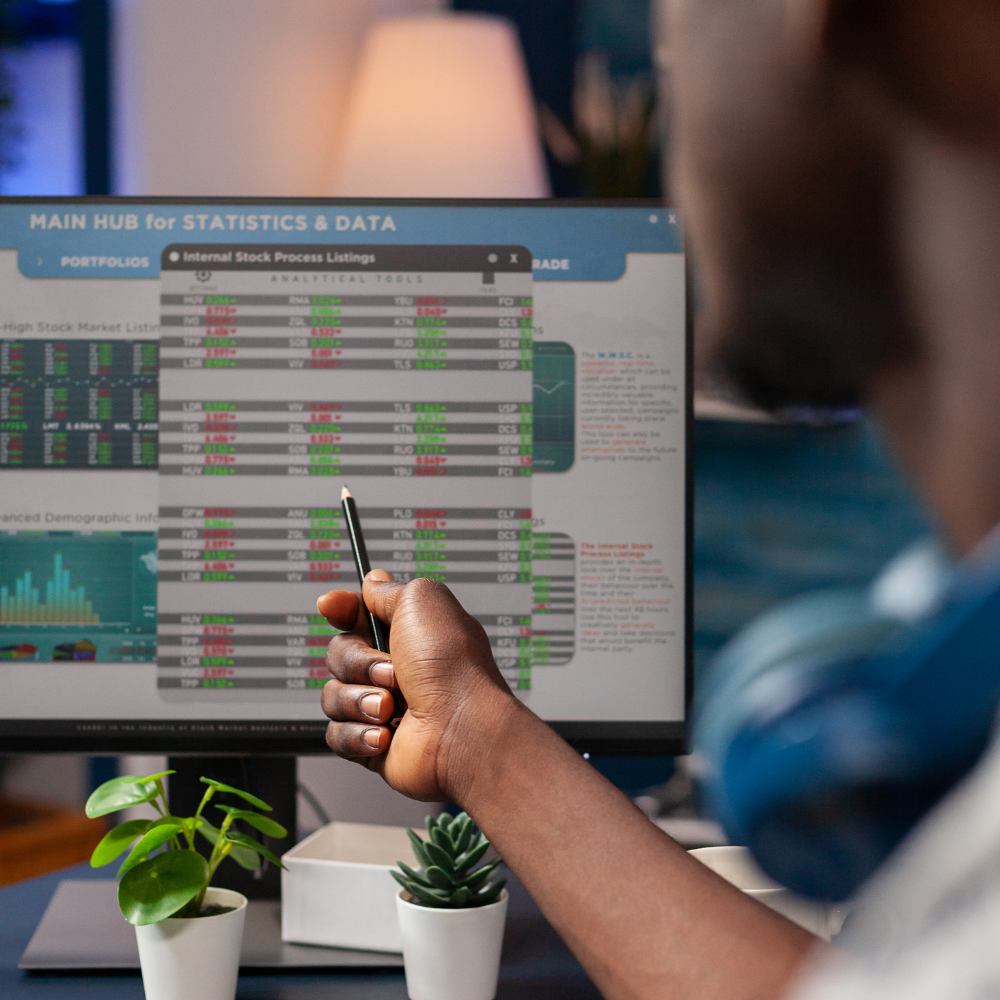The TUC is advocating for stricter regulations to safeguard employees against decisions made by artificial intelligence systems. AI-powered technologies are now making high-risk and life-altering decisions regarding the lives of workers, including line management, recruiting, and firing, according to the organization that represents labor unions. It was stated that a new law will dilute existing protections.
The government stated that the TUC's evaluation was not correct and that safeguards will remain in place. It is committed to improving and upholding workers' rights, according to a spokesperson: "AI will drive growth and create new high-paying jobs across the UK, while allowing us to perform our existing jobs more efficiently and safely." We are therefore working with businesses and regulators to ensure that AI is used responsibly and safely in business contexts."
Artificial intelligence is a subfield of computer science that focuses on the development of devices and software that can perform human-like tasks, such as decision-making and speech recognition. A number of researchers have raised concerns about the use of artificial intelligence in the workplace, particularly speech and video-based recruitment tools that determine a candidate's suitability for a position. They contend that the systems are unscientific and biased.
According to the TUC, facial expressions, tone of voice, and accents are being analyzed by AI to determine the suitability of job candidates. AI, it is argued, could increase workplace discrimination if left unfettered. Tools that analyze facial expressions, for example, may disadvantage applicants or employees with certain disabilities.
Nonetheless, some companies promoting AI tools contend that computer systems will make more impartial decisions than humans alone.
Mary Towers, an employment rights policy officer at the TUC, told sources that the organization's research had uncovered the use of AI tools in a variety of industries during the recruitment phase for tasks such as CV screening, but also in team allocation, allocation of work, disciplinary measures, and termination of employment.
She stated that they discovered evidence of AI-powered tools being used in all the ways one would anticipate a human manager to carry out his or her responsibilities. AI tools can also be used to monitor employee performance, sometimes leading to automated termination decisions.
The TUC warns that artificial intelligence could lead to workers being placed in dangerous situations that negatively impact their mental and physical health.
Some employers require employees to carry devices that record activity data that can then be analyzed. One warehouse employee told AI policy activists from Connected by Data that if they took too many toilet breaks, it would be detected and they would be required to explain why they weren't working.
The government published its white paper on artificial intelligence (AI) last month, in which it proposed dispersing regulation of the technology across multiple existing organizations rather than establishing a single new watchdog.
According to the TUC, the paper provided regulators with only "vague" and "flimsy" guidance on how to ensure AI is used ethically in the workplace and there was no additional capacity or resource given to meet rising demand.
It was also indicated that the Data Protection and Digital Information Bill, which had its second reading on Monday, will weaken many protections in current data protection legislation, such as the right to human review of automated decisions.




